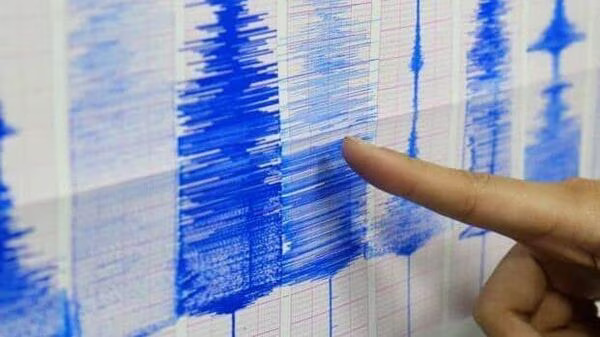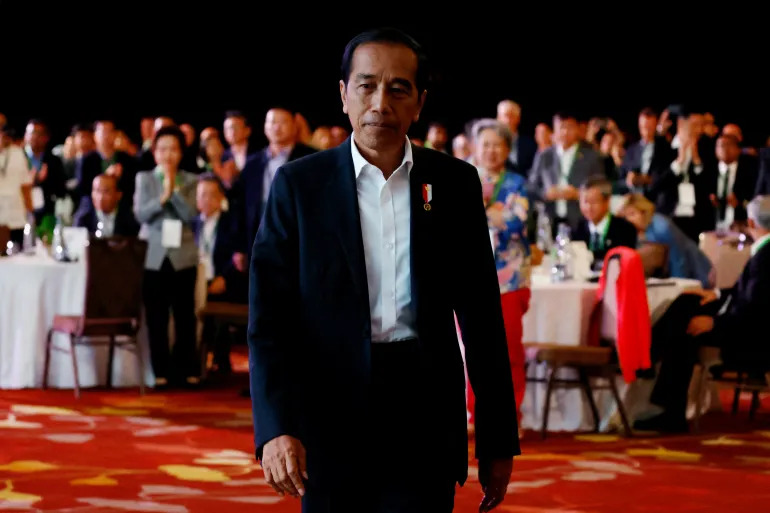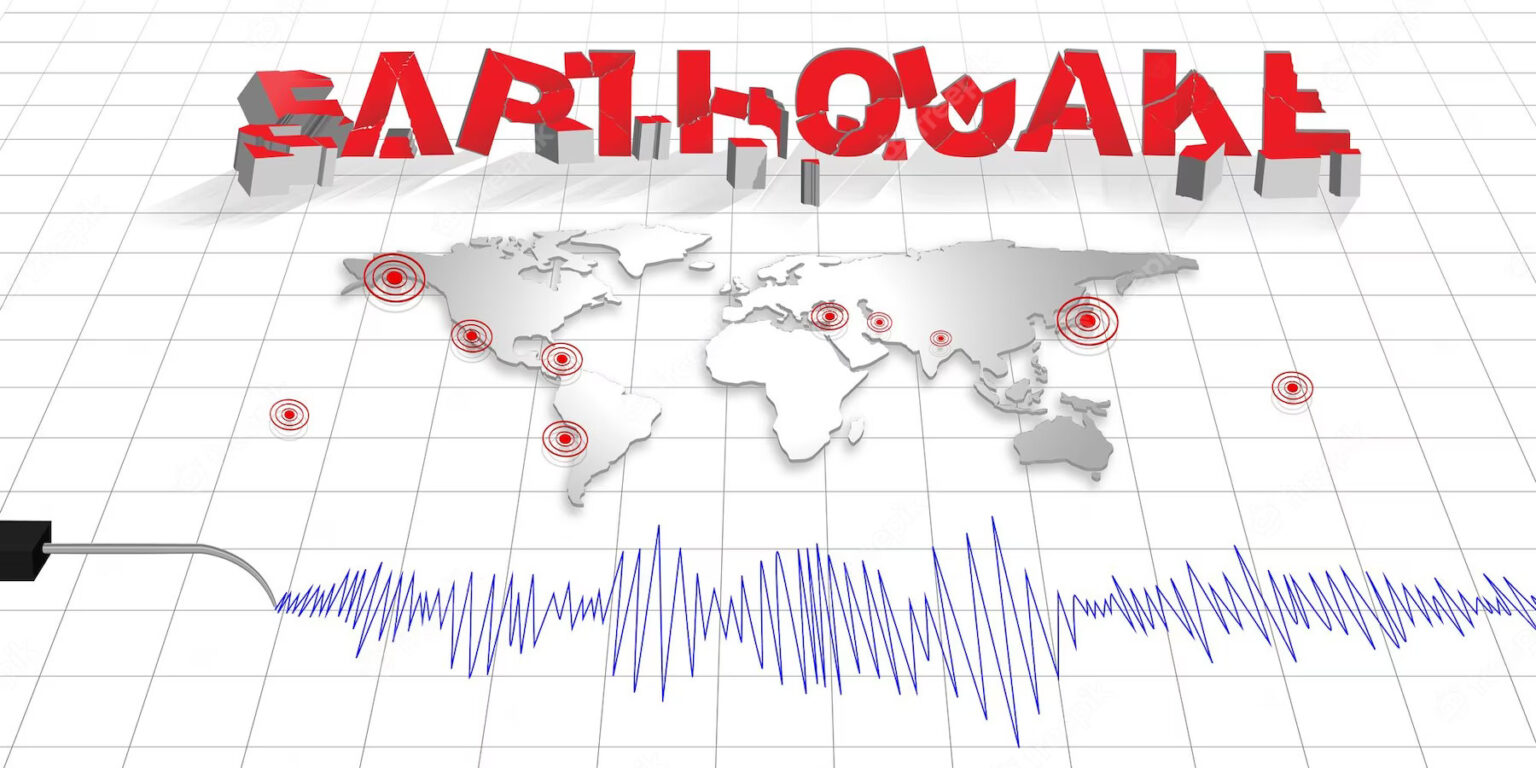According to the European-Mediterranean Seismological Centre (EMSC), an earthquake with a magnitude of 7.0 occurred on Tuesday in Indonesia’s Bali Sea region, according to Reuters.
The epicenter of the earthquake was located 518 kilometers (322 miles) below the Earth’s surface, 201 kilometers north of Mataram, Indonesia, according to EMSC.
The magnitude was estimated at 7.1 by Indonesian and American geological organizations, and The earthquake’s relative deep depth beneath the surface may have tempered its strength, making it feel weaker in absolute terms.
The epicenter of the earthquake was 525 kilometers beneath Bangsal, West Nusa Tenggara, Indonesia.
According to the US Tsunami Warning System, the earthquake that occurred deep beneath the seabed posed no threat of a tsunami.
The Indonesian geological office reported that the quake was felt in coastal parts of Bali and Lombok just before 4 a.m. (2000 GMT) and was followed by two quakes of magnitude 6.1 and 6.5.

Hotel manager Suadi told Reuters by phone that guests at Bali’s Mercure Kuta Bali fled their rooms after feeling the tremor for a brief period of time. He stated, “Several guests left their rooms but were still in the hotel area,” adding that they have since returned and the structure has not been harmed.
The earthquake should not have caused any serious damage, according to the preliminary seismic data, but it is likely that many individuals in the epicenter area felt a minor vibration.

(Indonesian: National Disaster Management Agency) Badan Nasional Penanggulangan Bencana (BNPB) stated that there were no early reports of damage.
According to BNPB spokesperson Abdul Muhari, the earthquake should not be devastating because it was deep.
Indonesia’s status at BRICS summit
Meanwhile, it was noticed that Indonesia was absent from the list of countries who will soon be joining the BRICS grouping that happened from 22nd to 24th August 2024. About 40 countries, including Indonesia, reportedly indicated interest in joining the organization before the BRICS conference in South Africa last week. Joko “Jokowi” Widodo, the president of Indonesia, said he was thinking about joining but did not want to “rush into it” after attending the meeting in Johannesburg on Thursday. With a population of over 270 million, the country in Southeast Asia is a significant emerging market that, by the middle of the century, some analysts predict might be among the top five economies on the planet.
“It is not really surprising, since many analysts and former diplomats had already warned against joining BRICS and the economic benefits are not clear and apparent, while the political and economic cost due to the backlash from the West are quite certain,” Radityo Dharmaputra, a lecturer at the Department of International Relations at Universitas Airlangga, said to Al Jazeera.

During the Cold War, Indonesia was one of the founding members of the Non-Aligned Movement. For decades, Indonesia has maintained a “bebas-aktif” (independent and active) approach to foreign policy, including playing a role in promoting peace around the globe, as when Widodo visited Russia and Ukraine in June of last year. There is “no benefit” for Indonesia to join BRICS, according to Yohanes Sulaiman, a lecturer in international relations at Universitas Jenderal Achmad Yani in Bandung. There doesn’t appear to be any tangible progress being made, he said, adding that “we have yet to see any real results from BRICS other than as a grouping to counter the United States.”
Indonesia has set ambitious development goals under Widodo’s presidency, including moving its capital city to Eastern Borneo and increasing domestic processing capacity as a cornerstone of Jakarta’s efforts to reach $25,000 gross domestic product (GDP) per capita by 2045. According to Dharmaputra, Indonesia has its eyes on other international organizations like the Organization for Economic Cooperation and Development (OECD), which has 38 member nations, that offer more evident advantages in sectors like commerce.












